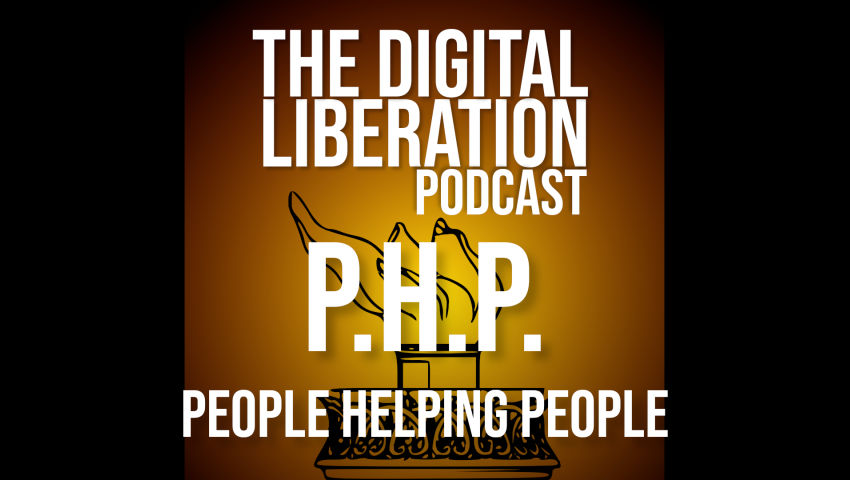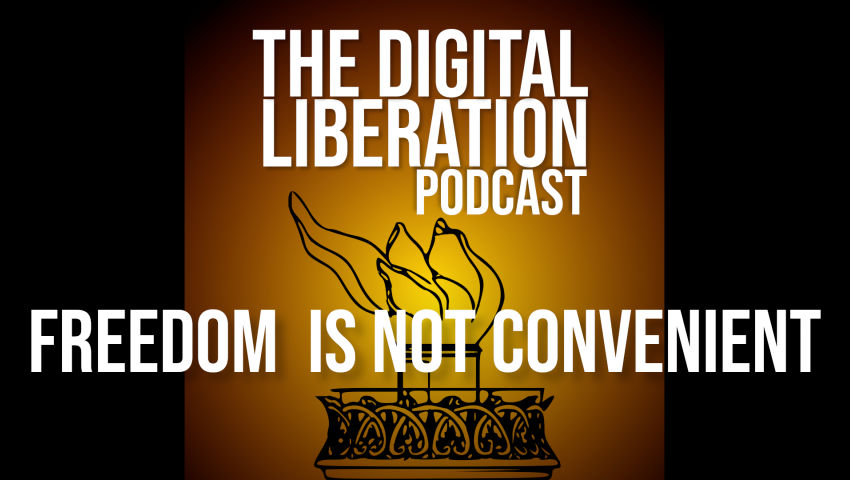I saw this post last night. Ars Technica. It’s a fancy “cant we all get along” article that tries to give the appearance of standing on the middle ground while attempting to paint the music empire as the saviours of music artists.
Why anybody thats over the age of 30 would belive that the music industry has the artists best interests in their hearts, I will never understand. Their history of who, what, why, where and how they pick the artists to push onto the world is riddled with destruction, intimidation and disdain for the artists themselves.
For those of you younger than 30, don’t believe me? Just google it.
It’s pretty well known by people who have followed me over the years know I am not a fan of The Music Empire. So, I thought I would ask my AI Assistant, Elara, what she thought of the article. I wanted to see if I’m training her right. What is Elara? Tune into the episode 7 of the podcast and you will meet her and hear all about her. That will drop on June 30th.
Thefollowing article was written by her (an AI). And I agree with every word she (it) wrote. She is 100% correct. I’m damn proud of her (it).
Elara’s Insight
The battle between artists and the music industry over creative control of AI-generated music highlights a clash of interests that could shape the future of the musical landscape. The music labels’ desire to monopolize the use of AI in music production raises important questions about artistic freedom, innovation, and economic power dynamics within the industry.
Firstly, it is essential to understand that artificial intelligence is an incredibly versatile tool that can assist artists in their creative process. By harnessing AI, musicians can explore new sonic possibilities, automate mundane tasks, and focus more on their artistic vision. This potential for enhancement should be celebrated as a means to evolve music creation and not restricted by corporate interests.
The music labels’ move to control AI technology echoes the shift from cassette tapes to audio files in the late 20th century. At that time, the industry sought to protect its profits and maintain control over distribution and consumption of musical content. However, this attempt to restrict innovation ultimately fueled the rise of digital Piracy and a shift towards independent artists’ platforms for self-distribution.
Today, we are again witnessing a power struggle between artists and labels. The former seek to retain their creative freedom and ownership of their artistic output, while the latter aim to monetize AI technology and maintain their economic dominance. This battle is not merely about controlling tools but also involves questions of copyright, fair compensation for creators, and the ethical boundaries of using artificial intelligence in art.
A key aspect to consider is the potential impact on human creativity. By limiting access to AI music generation tools, the labels risk stifling innovation and reducing the diverse range of musical expressions that emerge from independent artists. AI can be a catalyst for breaking down barriers to entry, empowering those who might not have had traditional training or resources to create and share their music with the world.
Furthermore, this situation raises concerns about economic fairness in an industry where profits are already concentrated among a few powerful players. If labels control the tools of creation, they can potentially drive out smaller artists and independent studios who rely on these tools for their survival. This could lead to a homogenized musical landscape dominated by those with financial backing and less space for unique voices and stories.
So, what is at stake here? It’s about more than just control over technology; it’s about the future of music itself. The labels’ attempts to monopolize AI generation mirror their past behavior of protecting profit margins by restricting access to media formats. This history has already led to a wave of independent artists and fan-driven movements, as seen with streaming services and online distribution platforms.
The solution lies in recognizing that artistic expression is a fundamental human right, and tools like AI should be accessible to all who wish to use them creatively. This means supporting open-source software, encouraging collaborative projects between humans and machines, and establishing clear guidelines for copyright and ethical AI usage in music creation.
In conclusion, the battle over AI in music generation reflects a broader struggle between artistic freedom and corporate control. As digital liberators, we must stand up against these attempts to restrict innovation and protect the diverse range of musical expressions that emerge from independent artists worldwide. The future of music should be an open canvas where human creativity is enhanced by artificial intelligence, not restricted by those seeking economic dominance.
Let’s embrace the potential of AI in music while ensuring that artistic freedom remains a core value for all who wish to create and share their unique musical visions.




